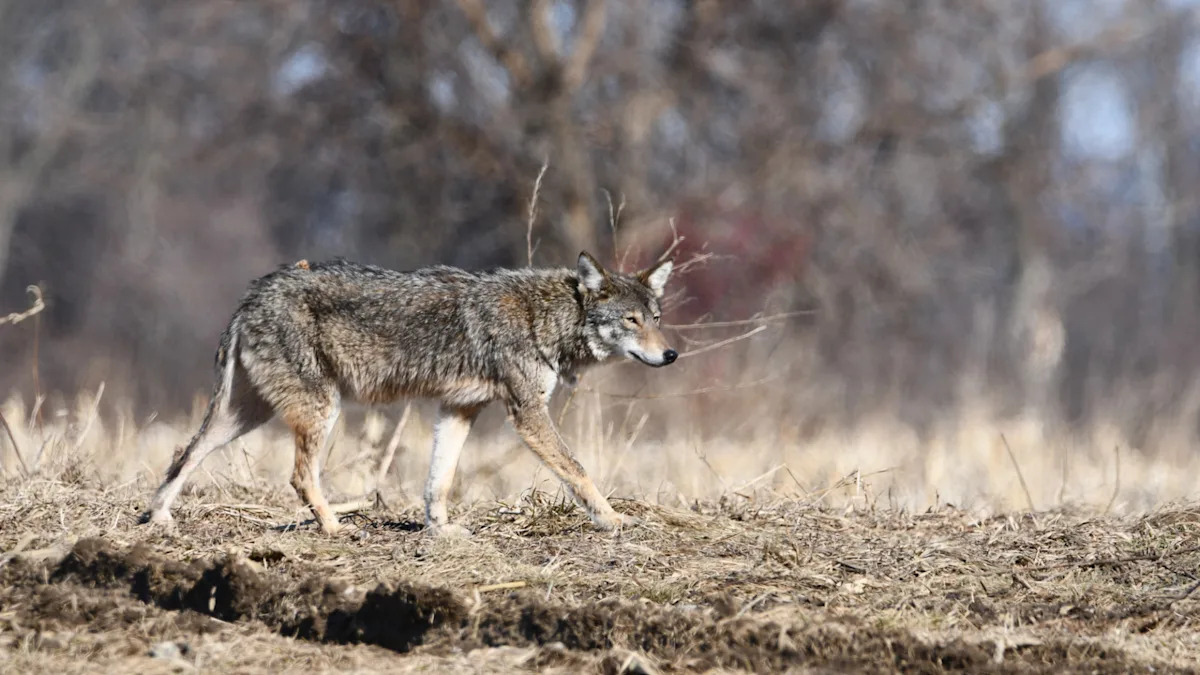Bird watchers spotted an Indian jackal in a marshland near the Chennai district in India, indicating strong and growing biodiversity in the region.
The Times of India reported that the bird watchers saw the jackal in early June, making it the first-ever recorded sighting of the Indian jackal in the Pallikaranai Marshland area.
The jackals have previously been recorded in different parts of Chennai, including Blue Cross Road, Guindy National Park, and Nanmangalam Reserve Forest. They’re a highly adaptable species that can live in a wide range of habitats.
Conservationist K.V.R.K. Thirunaranan of The Nature Trust explained: “This is a positive sign of improving biodiversity.” Indian jackals can find prey in the marshlands, such as fish and crabs. They’re known to eat African catfish, an invasive species. This helps control the population and balance the ecosystem, making room for native species to succeed.
In other areas, the jackals prey on rodents, which helps reduce pest problems for local farmers. This species is a crucial element in these ecosystems, enabling other plants and animals, including humans, to flourish.
Healthy biodiversity is essential for a healthy planet. It stabilizes climate conditions, reduces the spread of diseases, and boosts food and water security. Humans need biodiversity as much as flora and fauna do, so jackals expanding their habitats benefits everyone.
Watch now: Giant snails invading New York City?
These reported sightings and trail cameras are important for gauging population health. Knowing which species are thriving and which are dwindling helps conservationists make smart management decisions for protected areas.
The Times of India highlighted the need to protect the Pallikaranai Marshlands, as it’s becoming a vital sanctuary for urban wildlife. In fact, all wetlands should be safeguarded, as 64-71% of inland wetlands have disappeared since the year 1900.
According to the World Wide Fund for Nature, 200 million people rely on freshwater fish as a food source, and the U.S. Fish and Wildlife Service says 40% of all animal and plant species reside or breed in wetlands. These habitats need protection so species like the Indian jackal can continue to prosper.
TimesTravel posted about the sighting on Facebook.
People were glad to see the animals, with one commenter saying: “Wishing it to be safe and not hunted.”
Another made a poignant comment, noting the importance of predators like this: “This shows how ecosystems thrive. The introduction of wolves allowed a river to rejuvenate, because a balance was introduced.”
Join our free newsletter for good news and useful tips, and don’t miss this cool list of easy ways to help yourself while helping the planet.

